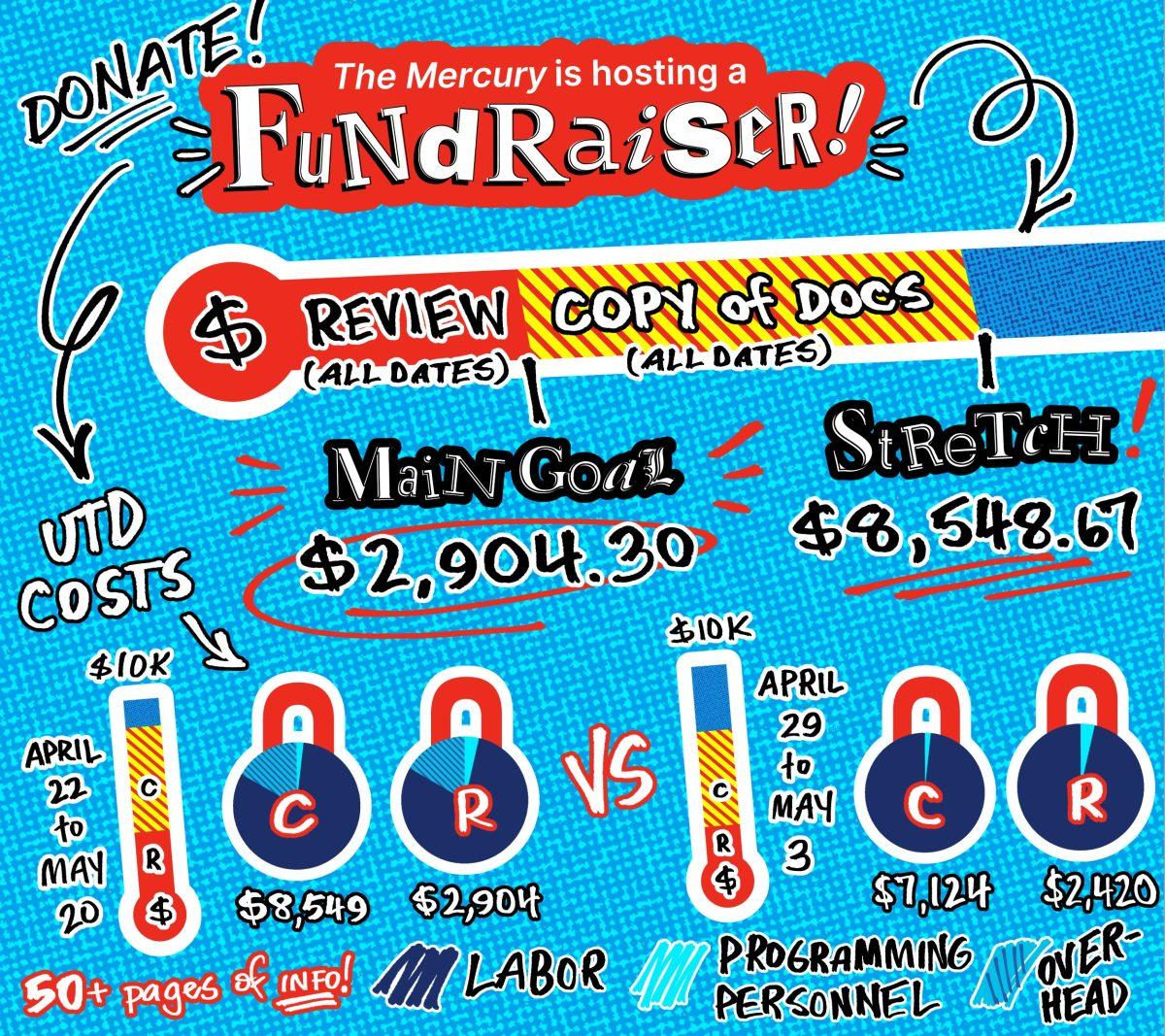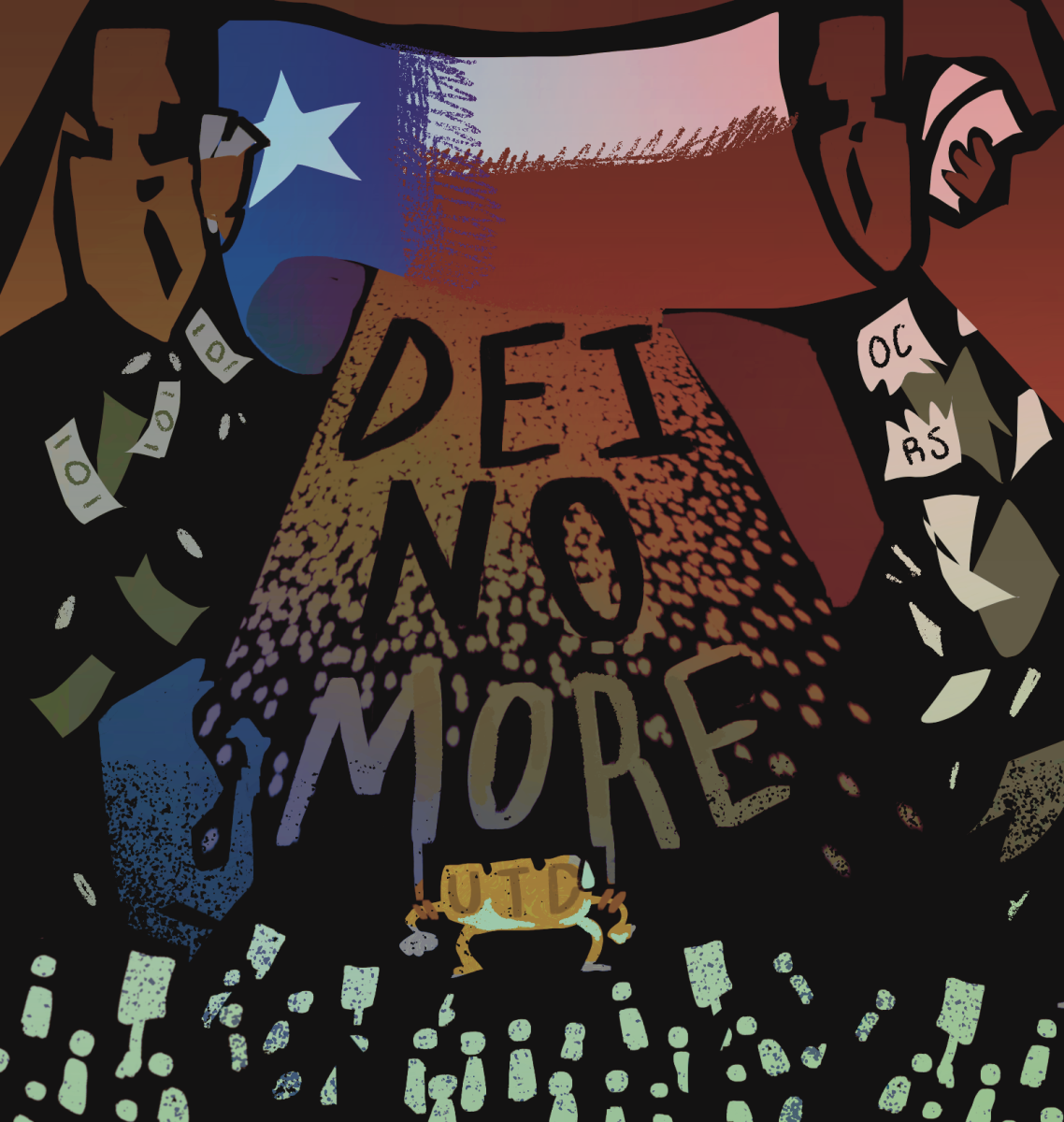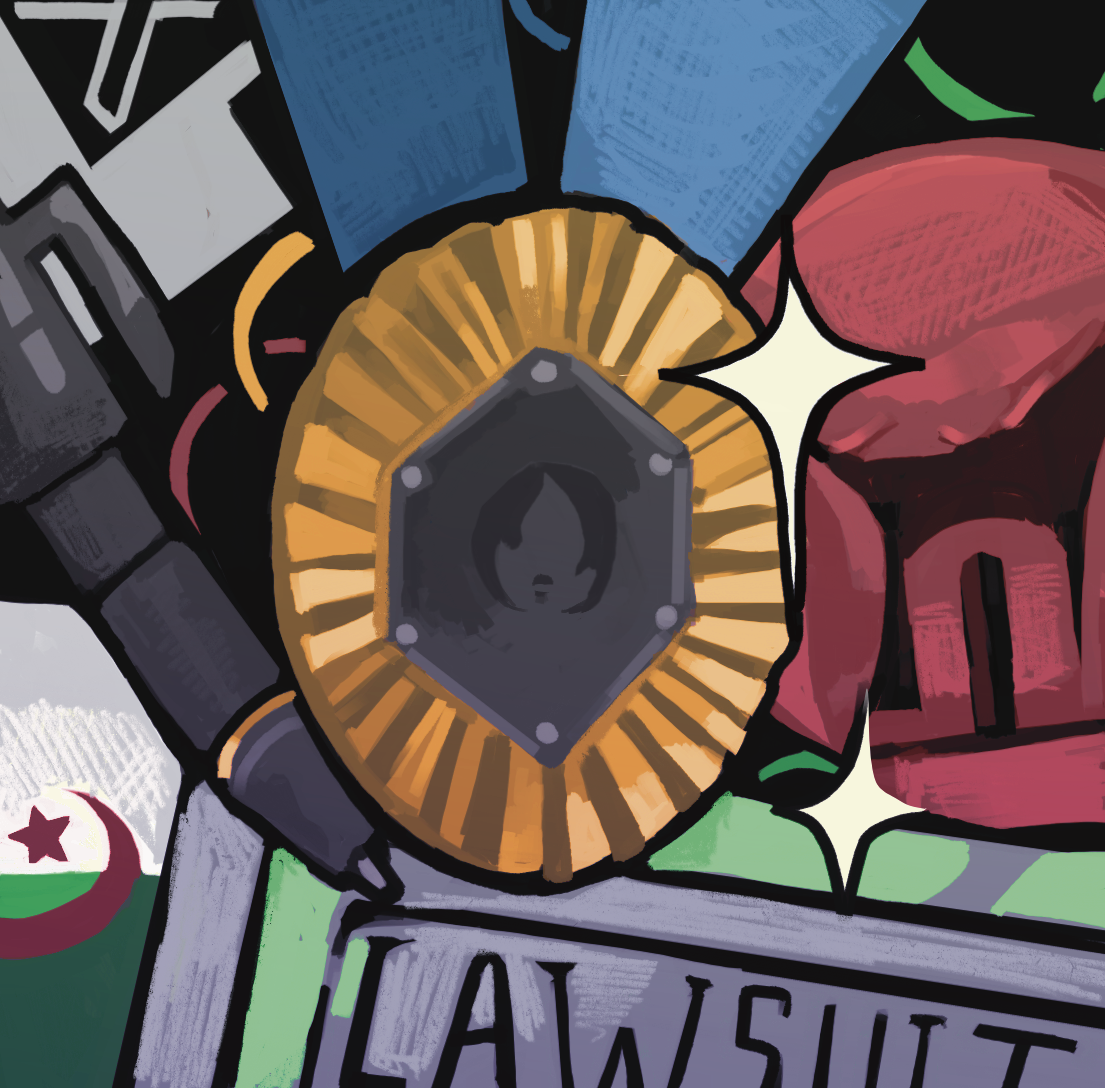At the end of July, AffordableCollegesOnline.org published a study revealing the colleges in Texas that provide the best return on investment. UTD placed fifth out of 49 schools, behind familiar foes including our sister school in Austin and Texas A&M’s College Station campus.
Finishing fifth is great, but UTD’s yearly tuition is thousands of dollars higher than almost any other competitor. Only UT’s $9,790 tuition came close to touching the $10,666 annual cost to be a Comet. National student debt figures are skyrocketing, but fortunately Congress agreed in July to lower federal student loan interest rates. However, the fact remains: Unless you receive some sort of significant financial aid while at UTD, odds are you’ll graduate in the red.
And you might be there for a while. According to the July 1 edition of The Mercury, 17.8 percent of 2012 graduates reported being unemployed within a year of graduation, up 5 percent from the year before. Lump me in with the similar group from 2013. At press time, I was still searching for a job.
As I was about to graduate, I contemplated all the scary things that were about to happen to me. No one wants to live with their parents right out of school, and no one wants to be broke. I was going to be both. But a friend told me about the generically named Texas Tuition Rebate program on the deadline day, and I applied. It was the easiest $1,000 I ever made, and it takes the edge off of spending north of $40,000 on school with nothing to show for it immediately after grabbing my liberal arts degree and running toward the future (or, in this case, my mom’s place).
In order to qualify, you must have graduated within an arbitrary period of time after entering college — four years for most degrees, but exceptions are made for more difficult programs such as engineering — and you must not have attempted in excess of 3 hours more than the amount of hours required to graduate. (That’s 120 for most standard four-year degrees.) To simplify it, you’re being rewarded for taking the correct number of courses in the appropriate amount of time. Turn in the application to the Registrar by the last day of classes and cash the check.
Qualifying becomes tricky, though, when taking into consideration RHET 1101, or the comparable UNIV 1010 course. Unless the policy changed along with the course title, that counts as an hour-long course. I completed 121 hours, so if I would have re-taken or simply attempted a single extra class during my four years in school, my hours total would not have fallen within that narrow spectrum. But, luckily, The Mercury kept me pretty busy during college so I didn’t necessarily have spare time to donate to things like class. The thing that confused me most was that no one I knew was pushing the tuition rebate program. It took semi-creeping on a friend’s conversation in the Student Media suite to find out about it. I don’t want it to be a secret anymore.
So, for once, listen to the unemployed guy: Don’t forget about this. It’s literally free money. And when you’re unemployed (but fortunate enough to live with someone who does not charge rent and at least temporarily covers other non-lifestyle expenses) $1,000 can go a long way. Apply on or before the deadline. It takes five minutes. That’s the best hourly pay any of us will ever receive.










